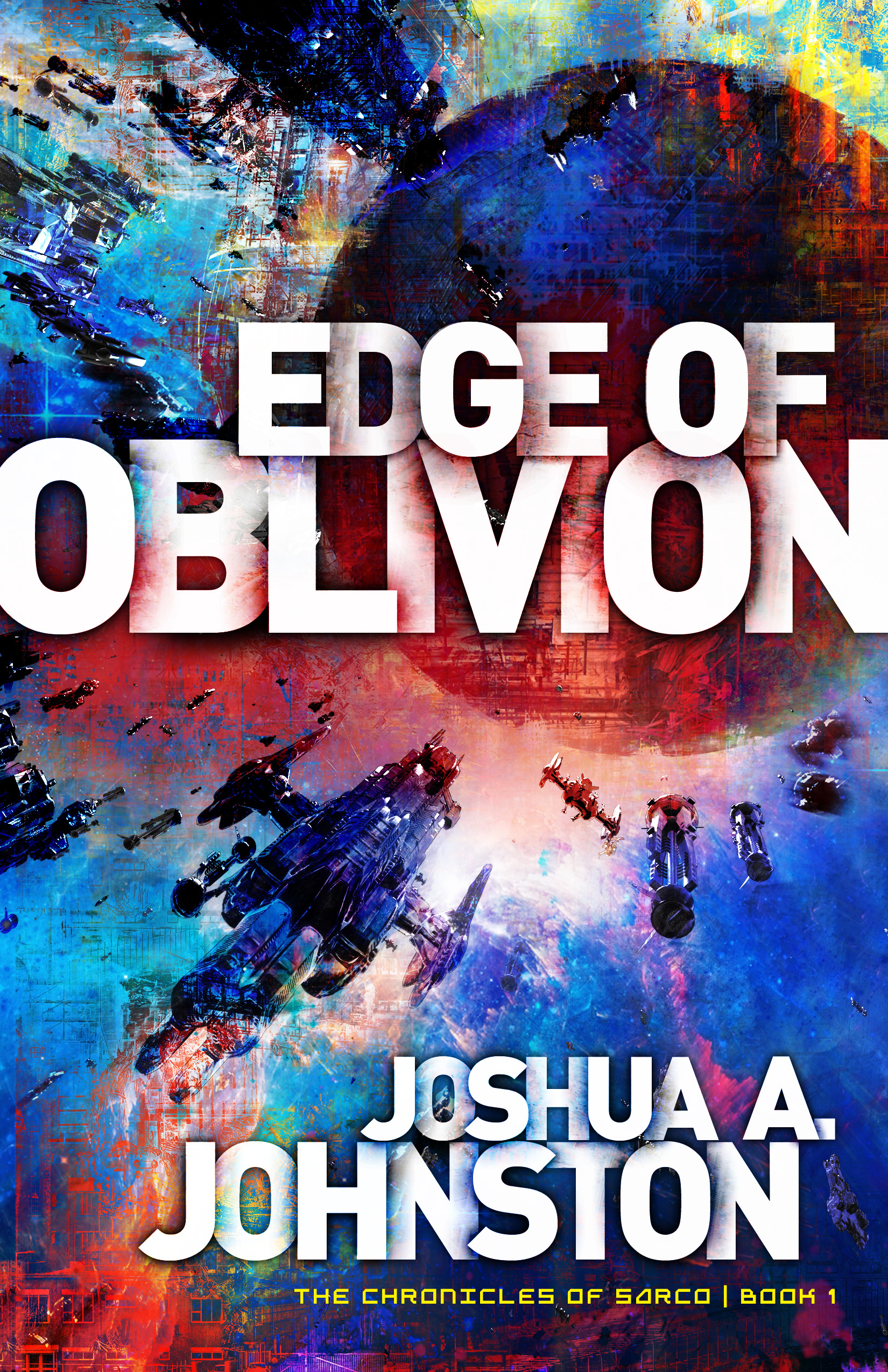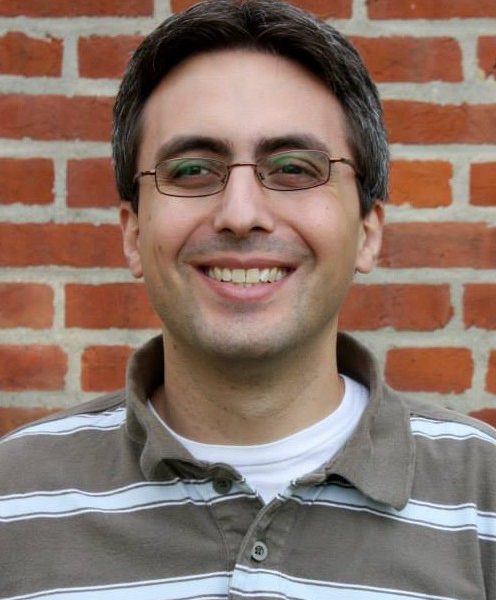Today we have one of Enclave’s newest authors with us, Joshua A. Johnston. In his own words, his exposure to science fiction came early in life. In his elementary years, his father exposed to him to the sci-fi of television and film: Star Trek and Star Wars. When he was an adolescent, his mother (who had no interest in science fiction at all) began taking him regularly to the library, and it was there that he discovered the fathomless domain of science fiction literature. Among his earliest reads were Isaac Asimov’s Foundation series, Ray Bradbury’s The Martian Chronicles, Robert Heinlein’s Starship Troopers, and Heinlein’s Tunnel in the Sky. He enjoys speculative fiction of all types, but has a soft spot for well-paced space opera.
Along with that, he moonlighted as a writer and onetime senior editor for Nintendojo, a site devoted to Nintendo news, reviews, and editorials. (He still regrets turning down that all-expenses-paid trip to fly out to California to demo Guitar Hero.) He is also an occasional guest columnist for the parenting blog Mumbling Mommmy. By day, he teaches American history and American government.
He is married to Rachael, a former copy editor and faith editor for a small market newspaper, and now a managing editor for the aforementioned parenting blog. Together they have two daughters.
Welcome Joshua!
1) When did you realize you wanted to become a writer?
As a kid I wrote all kinds of fiction – you know, that horrible, cringe-inducing stuff we all experiment with when we’re kids – but when I went to college I majored in history and went into secondary education as a social studies teacher. My public writing in adulthood was virtually all nonfiction: video game-related work and, later on, articles for a parenting site my wife is the managing editor for.
Meanwhile, I continued to dabble in science fiction writing from time to time, but strictly as a private hobby. Then, a couple of years ago, a few different people in my life who knew of my fiction told me I should do something with it. I risked exposing it to some beta readers, and things sort of took shape from there. It’s like this entire side of me that was dormant for so long has come back, and it’s been an awesome ride.
2) Tell us a little about your books.
They’re epic space adventures, set in a far future after Earth has emerged from a mysterious global cataclysm – what they call the Dark Ages. Most of human history has been lost, so the characters in the books have relatively little knowledge of our world. At some point after the Dark Ages, humans find the remains of an advanced alien starship that crashed into Earth, and from that they develop all kinds of high technology. Once they develop space travel, humans begin meeting and networking with other spacefaring races, eventually forming a loose alliance known as the Confederacy. Book 1 of my trilogy, Edge of Oblivion, deals with the Confederacy as it faces a mysterious, seemingly unstoppable invader from outside explored space.
3) What are some of the strongest influences on your writing?
Isaac Asimov, Robert Heinlein, and Orson Scott Card are three names that come to mind. Asimov understood science fiction world-building, and his Robot-Empire-Foundation universe is this glorious vision of future history, even if he didn’t originally quite intend it that way. Heinlein really understood what it meant to concoct a good tale, especially in his junior fiction novels. And Card’s Ender / Bean books are one of those rare blends of both superb character development and razor sharp plot, particularly in Ender’s Game and Speaker for the Dead. Those are things that lurk in my mind when I write.
4) What was your favorite book as a teen?
Probably Heinlein’s Tunnel in the Sky. It’s a classic survival-against-all-odds tale in the tradition of Gary Paulsen’s Hatchet or, more recently, Andy Weir’s The Martian. In Tunnel in the Sky, a young boy on a survival field trip to another planet accidentally finds himself stranded there, along with a number of other boys. The setup is smart, the main part of the story is taut, and the ending is really deep. It’s one of those books I remember thinking about for a long time after I read it.
5) What were some of the challenges for you writing your book?
The process for me began a long time ago, and one of the first hurdles was growing in my understanding as a writer. I remember revisiting one of my early drafts several years after I’d written it, and my first thought was: this is terrible. At the same time, I liked some of the core premises I was running with, and being a little older I had a better idea of why it was terrible and how to do better on a rewrite. So just getting through that growth as a writer and finding the stamina to engage in a significant rewrite was a major hurdle.
A second was that moment when I decided to let other people look at my fiction. I knew that if I was really serious about being published that I was going to have to be malleable, which for any writer is hard. So I made a promise to myself that I was going to respond in good faith to what people told me. I made, for example, probably 90-95% of the changes my beta readers told me to make. (In hindsight, some of the very best changes I made were suggested by people who weren’t necessarily professional authors but were avid science fiction fans who were well-read in the genre.) By the time I got to the formal editing stage with Enclave, it wasn’t so bad because I’d been training myself to be flexible for so long. I really believe my book is a lot better off for the many, many suggestions I received along the way.
6) What do you want readers to take away from your book?
My favorite books are the ones that are both entertaining and ones that also give me something to think about. My hope, my aspiration, is that my books do a little bit of both. I want my readers to have a fun ride, if you will, but I also hope some of the deeper issues I explore in the book are things readers reflect on even after they finish the last page.
7) What can you tell us about any future releases you have planned?
Edge of Oblivion is the first book in a trilogy, so I’ll have two more books out in 2017 and 2018, respectively. I’m also planning to release two more short stories (I released a first earlier this year) set in the same universe as the books, so I’ll be busy for a while. I’ve had some preliminary thoughts on where I might go after that, but right now I’m trying to focus on what’s right in front of me.

8) Star Wars or Star Trek?
This is a really dangerous question to ask me, because I grew up on both, I love both, and as I’ve gotten older I’ve developed a greater appreciation for what both bring to the table … which means I could go on forever about this topic.
Star Wars is a massively expansive universe that’s all about the characters and how those characters interact with each other. George Lucas wanted characters audiences would either love (Yoda, Obi-Wan Kenobi, Chewbacca), hate (Darth Vader, Emperor Palpatine, Count Dooku), or love even though they should hate (Boba Fett, Jabba the Hutt). And he was not only successful in doing that, but there is this mythology and history surrounding Star Wars that is one of the deepest and longest in science fiction. Between the movies, the TV series, the books, the video games, and everything else, Star Wars is this beautiful living, breathing universe all its own.
Star Trek, at least as Gene Roddenberry developed it, is more about the ideas. That’s not to say that the characters don’t matter – Kirk, Picard, Sisko, Janeway, Archer, and their crews are all important to different degrees – but the characters in Star Trek are, more often than not, waypoints for weighty discussions on difficult topics. Star Trek regularly grapples with subjects like the ethics of interfering with other races, what it means to be human (or android, or Borg), discrimination, the injustices of war, freedom, and even the meaning of life. (Roddenberry was a humanist, but that didn’t stop discussions of faith from making occasional appearances, too.) The reboots, I think, have moved away from this, but that doesn’t change the legacy of the rest of the series.
9) Favorite place to vacation?
I enjoy taking my wife and daughters camping in the summer. We have a large tent, and my ideal trip is several days of grilling, hiking, canoeing, reading, and hanging out in some quiet Midwest state park. It’s a lot of work, but it’s one of the most satisfying things I get to do, both for the trip and for the ones I get to do it with.
10) Favorite dessert?
Butterfinger concrete. About the most heavenly dessert ever created by man, or perhaps the most evil. I haven’t decided which yet.
11) Do you listen to music while you write? If so what are some examples?
Sometimes. When I do, I go for epic ambient orchestrated music. During a recent writing session, for example, I was pulled along by a few hours of Audiomachine.
12) What have you learned about yourself through your writing?
One of the most satisfying things has been growing in areas that I never thought I would or could grow in. It’s easy, especially as one gets older, to assume that there are areas in their life that will simply be permanent limitations. Yet I’ve found, as I’ve determined in my mind to overcome those limitations, that I’ve been able to either grow past them or learn how to creatively compensate with my other strengths … and, just as importantly, with the strengths of others.
***
Thank you, Joshua, for joining us! Here is where you can find him online:
Website: www.joshuaajohnston.com
Facebook: www.facebook.com/joshuaajohnston
Twitter: www.twitter.com/jallenjohnston
Goodreads: www.goodreads.com/joshuaajohnston



Thanks for sharing your writing journey, Joshua! An intriguing and encouraging story.
Orson Scott Card is a favorite author of mine as well. His books challenge me to dig deeper into the motives of my characters and to push them to extremes, as well as to create plots with high stakes.
Your book sounds complex and engaging. I just pre ordered a copy of Edge of Oblivion, and I’m looking forward to digging in. Wishing you all the best!
Great post and good stuff, I enjoyed reading it thoroughly.